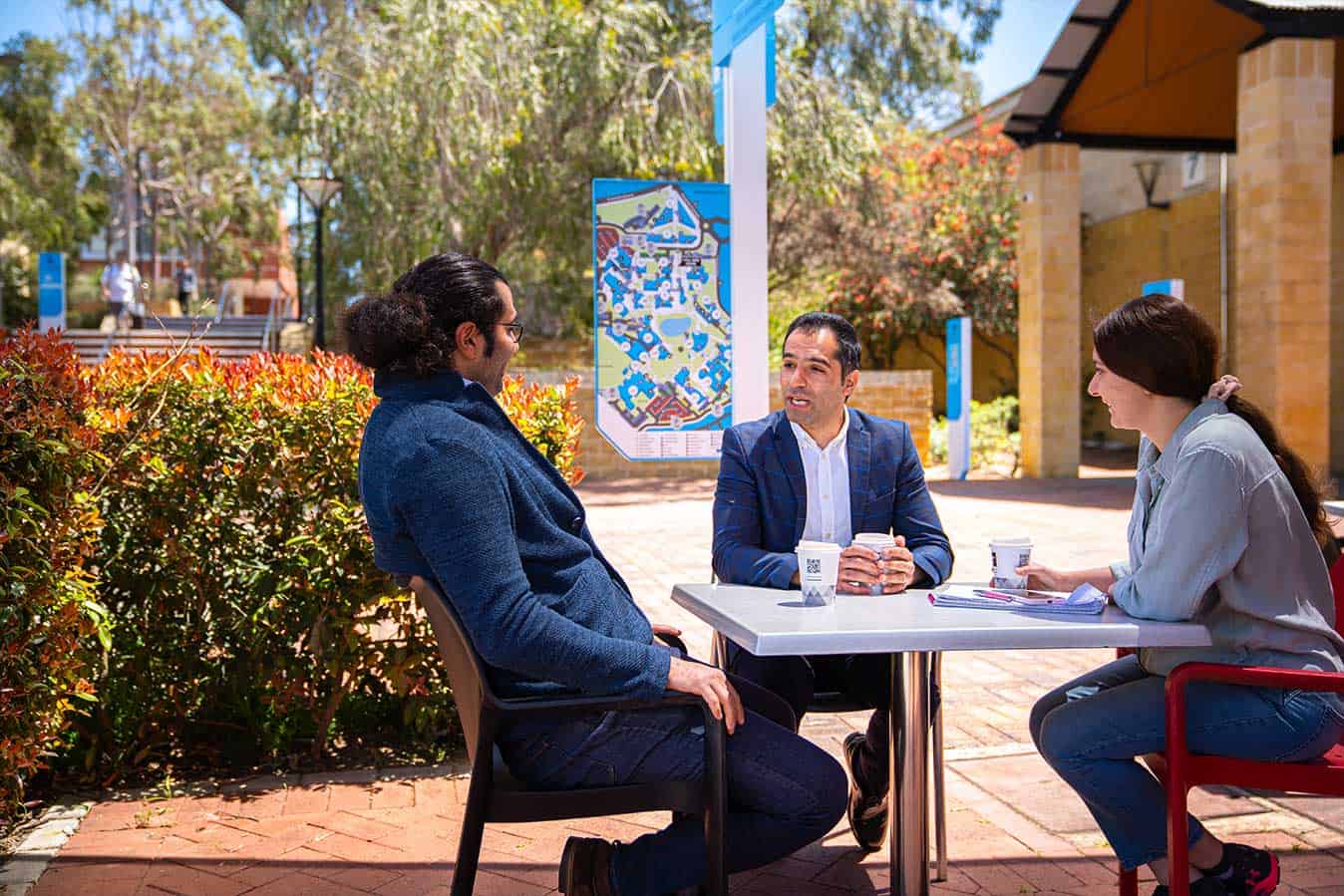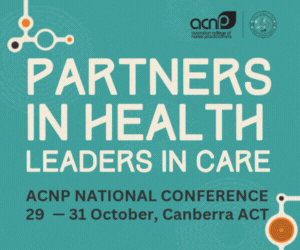While many former Afghan refugees value the security and open democracy of their new home in Australia, they face significant challenges integrating into society, new Edith Cowan University (ECU) research has revealed.
Led by PhD candidate Omid Rezaei, the study explored the integration experiences of Perth based Afghan-Australian’ who arrived as refugees and were subsequently granted citizenship.
Researchers surveyed 102 people, conducted 13 in-depth interviews, and held two focus groups.
Mr Rezaei said most former Afghan refugees considered Australia to be their new home, with around 90% wanting to live in Australia for the rest of their life.
“They are happy to live in a peaceful country. Safety in Australia has been the most attractive thing for them, demonstrating that four decades of war in Afghanistan is still alive in Afghans’ memories,” Mr Rezaei said.
“They are also grateful to Australia for granting them citizenship and for providing them with high quality education and healthcare.”
However, Mr Rezaei said that while former Afghan refugees enjoyed aspects of Australian society, they also faced significant challenges in taking full advantage of their Australian citizenship.
“Barriers to employment, social challenges, discrimination, and socio-religious difficulties within their own community are among the challenges the community experienced,” he said.
Employment topped the list of issues faced by Afghan-Australians, the research found.
The 2016 Census reported an unemployment rate of 17.8% for Afghanistan born people, more than three times the 5.7% unemployment rate for all Australians at that time.
“Many participants faced problems in finding employment in their chosen fields or having their overseas qualifications recognised,” Mr Rezaei said.
Sadiq, a participant in the study who came to Australia as a refugee in 2015 and was recently awarded Australian citizenship, holds a bachelor’s degree in chemistry from Kabul University and worked as a high school teacher in Afghanistan. But Australia does not recognise his qualification.
“They don’t recognise my qualifications here. So, I have to study 8 years if I want to be a teacher [in Australia], but I don’t have time. I have to work and make money to support my family in Afghanistan. That’s why I’m working in construction field now,” he said.
Mr Rezaei said discrimination in the process of the finding a job, as well as in the workplace, was another challenge that many Afghan refugees face in Australia, regardless of their citizenship status.
Zari, a Hazara woman in her 20s, reported facing many barriers in finding a job because of her hijab, for example.
Mr Rezaei said Afghan refugees had also faced several challenges in the social context of their lives in Australia, one of which invovles the problem of revealing their identity as Muslim-Afghans.
“Most participants received negative feedback from other Australians about Afghanistan, mainly after the tragic events of September 11, so they became uncomfortable with expressing their Afghan identity while communicating with people outside of the Afghan community. Some of them also were not comfortable with their former refugee identity,” he said.
Ali, a participant in the study, explained how he hid his Afghan background after experiencing discrimination.
“At first, sometimes people would ask me: where are you from? And I would say: I am from Afghanistan. Then they would say: Oh, Taliban. Or they’d say do you know Osama Bin laden? So, I realised that I don’t have to tell them the truth. Since then, whenever somebody asks me where are you from? I say Tajikistan or Uzbekistan.”
Participants also described other social barriers such as not being able to broaden their social network to include Australian friends, and challenges in dealing with their children who were second‐generation Afghans.
“First generation Afghan refugees wanted to maintain their culture, religion, and language, while their children were sometimes reluctant to accept these values,” Mr Rezaei said.
Meanwhile, Mr Rezaei said former Afghan refugees also experienced challenges in connecting within their own community in Perth.
“One of these challenges is related to the fact that Afghanistan is a multiethnic society and people have been involved in ethnic divisions for a long time.
“There is no single Afghan community in Perth, rather there are several. Each ethnic group has its own members in terms of organising social or cultural events.”
Despite the Australian government’s support in granting many Afghan refugees citizenship, Mr Rezaei said they still cannot enjoy the full advantages of citizenship rights in practice.
“The Afghan community in Perth, with the strong commitment to make Australia as their permanent home, strongly needs and deserves to receive the Australian government’s support.
“In addition, the inclusion of Afghan people within the broader Australian society facilitates the integration process and the media can play a vital role in developing the local community’s awareness about refugees, their backgrounds, as well as their potential contributions to Australian society.”
The full paper ‘Integration Experiences of Former Afghan Refugees in Australia: What Challenges Still Remain after Becoming Citizens?’ was published in the International Journal of Environmental Research and Public Health.








